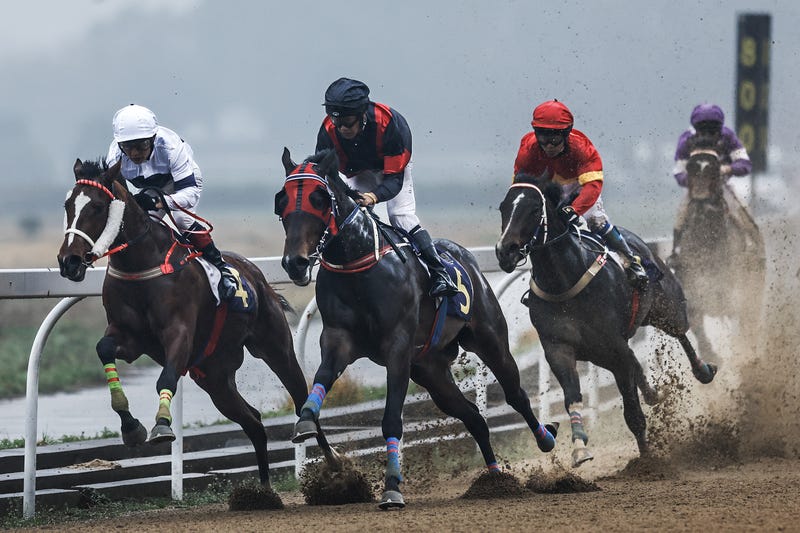
After 152 years of racing, the 153rd year of business at The Fairgrounds Race Course has been up in the air. The Horse racing industry is trying to increase revenues by allowing bettors to gamble on past races that happened years ago. On its face, it may not make much sense. Loyola Law Professor Dane Ciolino joined WWL’s Dave Cohen to discuss the details and shed some light on the process.
The term for this type of gambling is “Historical Horse Racing” and essentially, bettors are given posted odds for past races, place a wager, then watch the old race hoping the horse they laid their money on wins. Those betting on the race are not given the names of the horses, jockeys, track conditions, or any identifying information. They basically choose horses based on the pre-race odds, then watch the historical race hoping for the best.
However, there are legal hurdles to be overcome. “In 2021, the Louisiana Legislature passed an act that allowed for Historical Horse Racing and classified it as Paramutual Wagering, which is allowed in various parishes at live horse racing events. Paramutual Wagering is when lots of different bettors bet on horses in a given race. All their bets are pooled together, the house takes its cut, and the winnings are then split up among the bettors in the pool,” Ciolino clarifies. Historical Horse Racing, however, was found to differ too much from Paramutual Wagering in the courts.
Ciolino notes the Louisiana Supreme Court ruled that Historical Horse Racing resembles slot machines moreso than live sports betting. That means for Historic Horse Racing to happen at the Fairgrounds, this would have to be passed by the State Legislature, signed by Governor Landry, then put on ballots for voters to decide on (often referred to as "the local option" in the voting process). It could be a cumbersome ordeal, but will be necessary moving forward in this newest fight for the Fairgrounds to remain viable.
